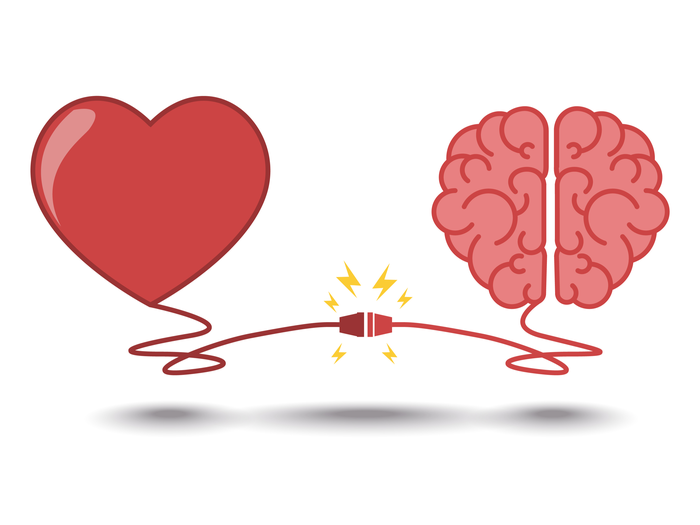Alzheimer’s Managing sleep problems

TEN (10) Ways to Love Your Brain
August 2, 2019
10 CareGiver Tips
August 17, 2019If you are caring for a loved one who has Alzheimer’s disease, sleep disturbances will take a toll on each of you.
Here’s help promoting a good night’s sleep.
Sleep issues and Alzheimers usually go hand in hand.
Understand what contributes to sleep issues in Alzheimer’s disease and what you’ll do to assist.
Common Alzheimer’s sleep problems
Many older adults have issues sleeping, but people who have Alzheimer’s often have an even harder time.
Problems embody wakening additional usually, staying awake longer in the night and feeling drowsy during the day.
People with Alzheimer’s disease may also expertise a state of confusion occurring within the late afternoon and spanning into the night (sundowning).
Sleep disturbances usually increase as Alzheimer’s disease progresses and might promote behavioural issues.
Factors which may contribute to Alzheimer’s disease sleep disturbances include:
- Mental and physical exhaustion at the end of the day
- Changes within the body clock, causing people with Alzheimer’s to mix up day and night
- A need for less sleep, which is common among older adults
- Disorientation
- Reactions to nonverbal cues of frustration from exhausted caregivers at the end of the day
- Reduced lighting and increased shadows, which might can cause people with Alzheimer’s disease to become confused and afraid
Supporting a good night’s sleep
Sleep disturbances can take a toll on both you and your loved one. To promote better sleep:
- Treat underlying conditions.
If you think that AN underlying condition like sleep disorder or restless legs syndrome syndrome is intrusive along with your precious one’s sleep, consult with his or her doctor. - Establish a routine. Maintain regular times for intake, waking up and going to bed.
- Avoid stimulants. Limit your loved one’s use of alcohol, caffeine and nicotine, which can interfere with sleep. Also, discourage your beloved from looking at TV right away before bedtime or once he or she wakes up at midnight.
- Encourage physical activity.
Plan your dear one’s days to include walks and different physical activities, which can help promote better sleep at night. - Limit daytime sleep.
If your dearest wants a nap, keep it short and check that it is not too late within the day. - Create a comfortable sleeping environment. Make sure your loved one’s bedroom is a comfortable temperature. Provide night lights and security objects.
- Manage medications. Make sure your loved one is taking his or her medications at the appropriate times so that they don’t interfere with sleep.
When a loved one wakes during the night
If your loved one wakes during the night, stay calm — even though you might be exhausted yourself. Don’t argue. Instead, ask what your loved one needs.
Gently inform him or her that it’s night and time for sleep.
If your loved one needs to pace, don’t try to restrain him or her. Instead, allow it under your supervision.
Using sleep medications
If nondrug approaches aren’t working, your loved one’s doctor might recommend sleep-inducing medications. However, using these kinds of medications can increase the risk of falls, fractures and confusion.
Once an everyday sleep pattern is established, the doctor will likely recommend attempting to discontinue use of the medications.
Remember that you need sleep, too
Your loved one’s sleep is important, but so is yours.If you are not obtaining enough sleep, you might not have the patience and energy needed to take care of someone who has Alzheimer’s.
Your dearest may also sense your stress and become agitated.
If doable, have family members or friends alternate nights with you — or talk with your loved one’s doctor, a social worker or a representative from a local Alzheimer’s association
to find out what assistance is out there in your area.




